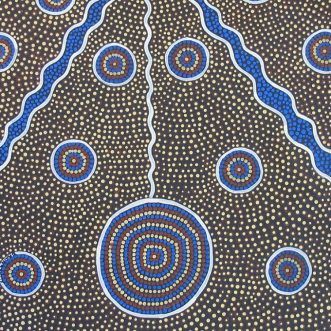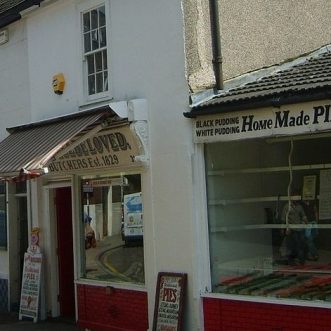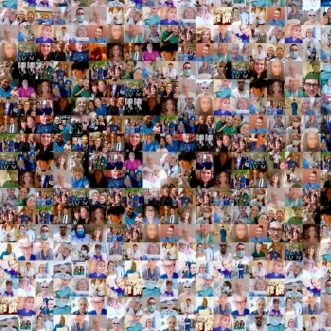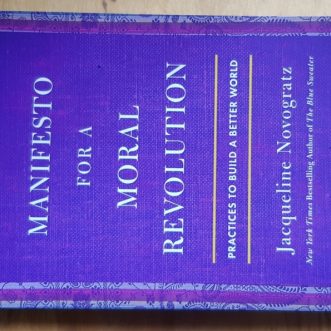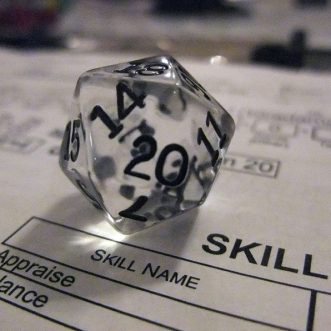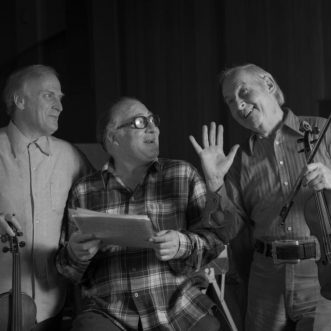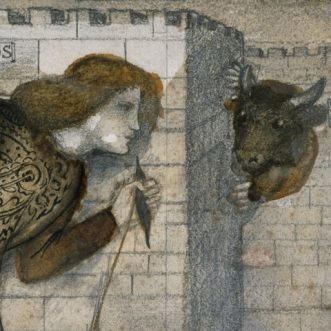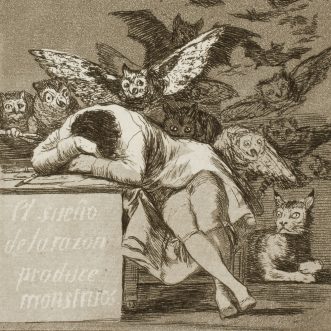
The sleep of reason
NASA engineers had noticed a problem with the O-rings used to seal joints in the boosters of the Challenger space shuttle. When the weather was cold at launch time, the O-rings failed to seal the gaps properly. But they couldn’t quantify the effects, so were not allowed to act on their concerns. After all, the NASA engineering watchword was : “In God we trust. All others bring data.”
But what if you don’t have data? Does that mean you just leave it to God?
Of course not.
As Richard Feynman said at the enquiry following the disaster “If you don’t have data, you must use reason.”
Our processes must allow for that.
If the sleep of reason produces monsters, imagine what wonders we create when we combine data with waking reason, driven by humanity?
Our processes must be designed for that.
HT to Abishek Chakraborty for the prompt.

